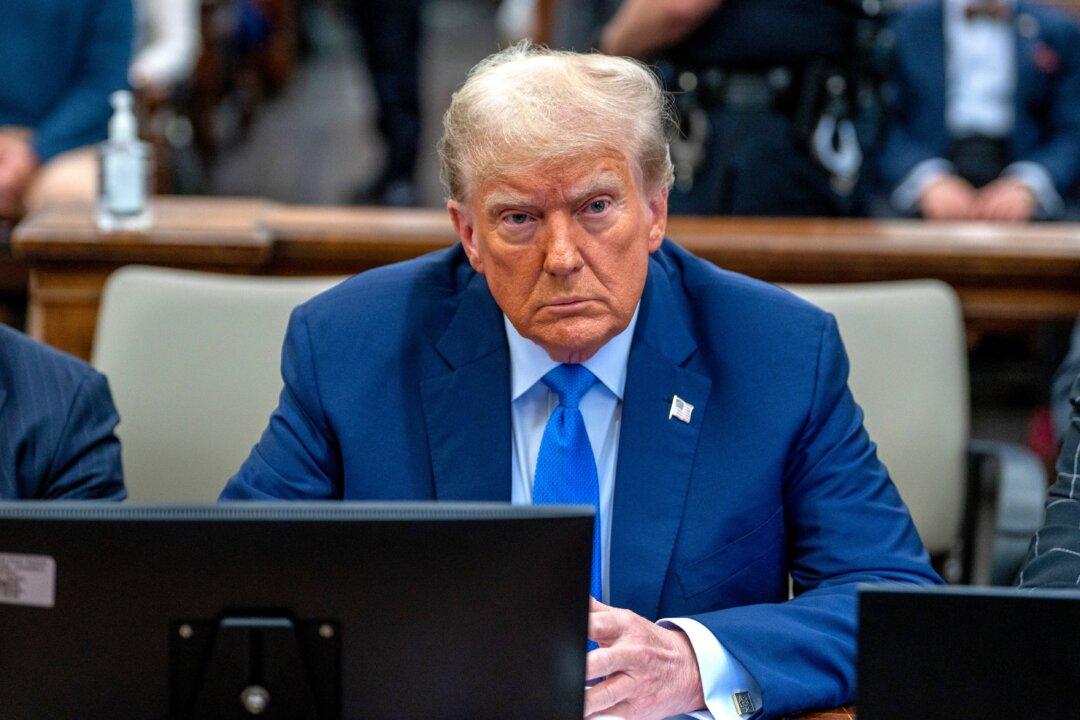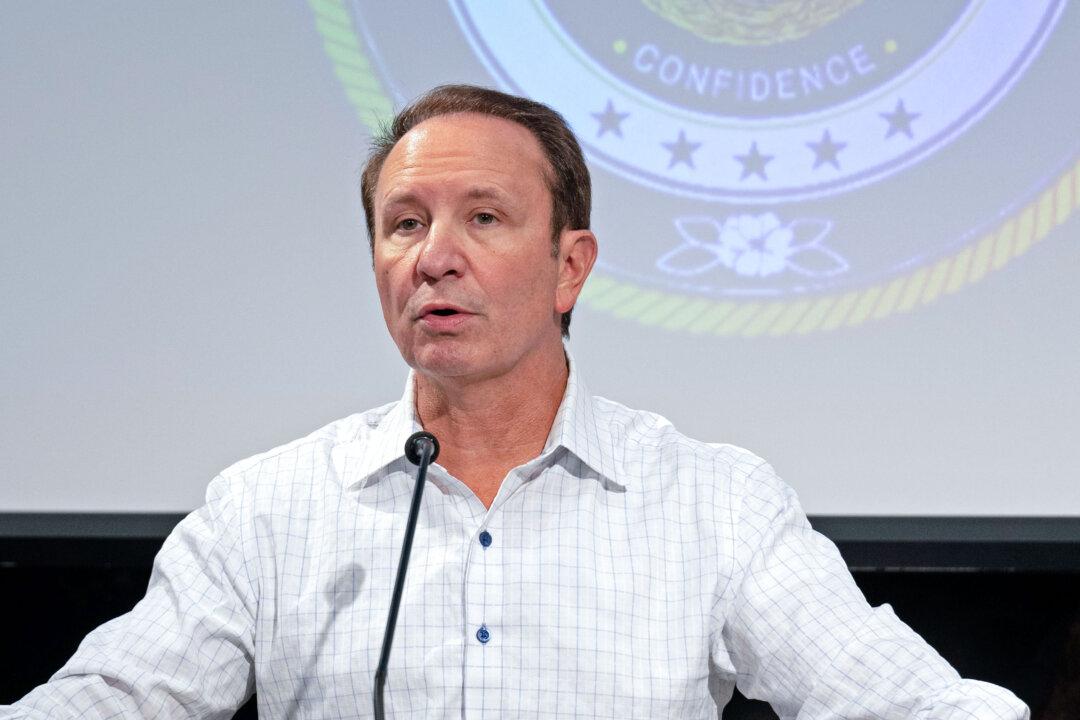Republican presidential candidate John Castro is preparing another long-shot bid to petition the U.S. Supreme Court to reverse an appeals court’s decision that rejected his lawsuit to disqualify President Trump from 2024 candidacy, Mr. Castro told The Epoch Times in a statement on Monday.
It would be the next episode of the Texan candidate’s bid to remove President Trump from the primary ballot in the 2024 presidential election, and one of the many lawsuits that seek to disqualify the former president by employing a provision of the Constitution that bars officials who have “engaged in insurrection or rebellion” from holding office, also known as Section Three of the 14th Amendment.





